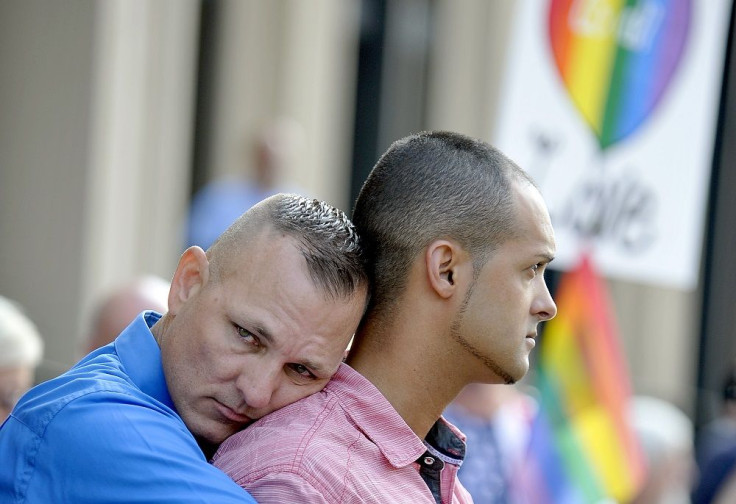Aussie study finds HIV transmission in gay couples can be stopped

A recent Australian study has found that sexual transmission of HIV between gay couples can be stopped. It has proven that the virus is no longer infectious as long as the infected person is given proper treatment.
At least 343 couples participated in the UNSW Sydney's Kirby Institute study titled “The Opposites Attract.” One man in each couple was HIV positive and the other was not.
In each case, the HIV-positive partner was treated to achieve an undetectable viral load. The study, which was conducted for a year and a half, counted 17,000 instances of anal intercourse without condoms. None of which resulted to the transmission of the virus.
In 12,000 of these acts, the HIV-negative partner was not taking Pre-Exposure Prophylaxis (PrEP). PrEP is a drug that prevents HIV transmission.
Professor Andrew Grulich, the chief investigator, said the study proves that HIV was not transmitted during sex if the HIV-positive partner had an undetectable viral load. He said the result was “revolutionary” for gay people.
"This data shows very, very clearly that if a person has an undetectable viral load, they do not transmit HIV,” the Sydney Morning Herald quotes him as saying. The study is the largest of its kind by far.
It has surveyed couples from Australia, Thailand and Brazil. Grulich said it was more difficult to involve gay couples in surveys because there were statistically fewer of them.
HIV treatment
The findings do not signal the end of HIV. But Grulich said the availability of PrEP fuels hopes that new diagnoses in Australia over the next three years can be lowered by up to 80 percent.
"It is extraordinarily ambitious, but with the new technology we have that's the sort of ambition we should be having," he added. However, anal sex is suggested to be riskier for the spread of HIV than vaginal sex, leading to concerns that gay men are more susceptible to acquiring the virus.
Treatment of HIV works by suppressing the level of virus. This way, the damaged immune system is halted and reversed. The treatment has to be consistent in order to ensure the virus levels become so low they are undetectable in the blood.
According to Grulich, an undetectable viral load is usually obtained three to six months after starting an HIV treatment. Although instances of viral resistance are rare, HIV-positive people are generally tested to ensure their viral status twice per year.
Read More:
Trump tweets ban on transgender people serving the military
UK helps former child migrants find their families, sorry for abuse
BBC Newsnight/YouTube





















